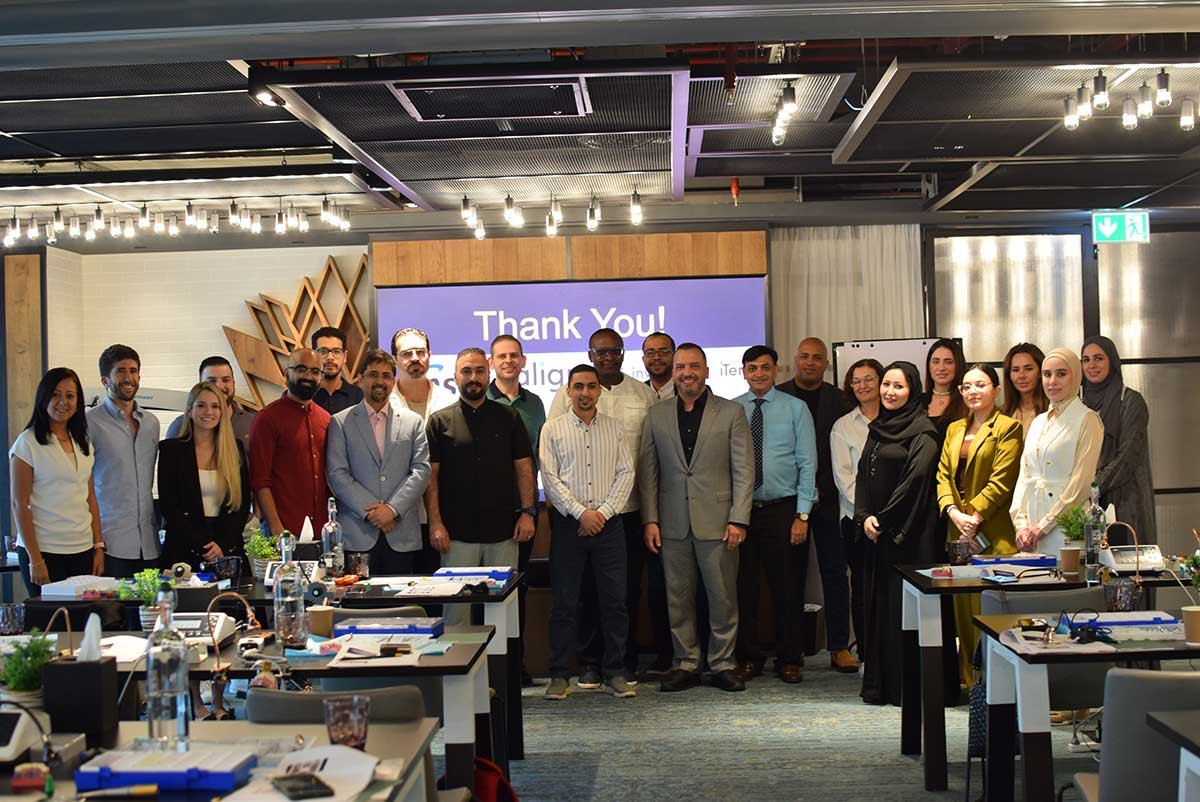You may have heard of the acronym NICO. In biological dentistry, NICO stands for neuralgia-inducing cavitational osteonecrosis. Simply put, it refers to a cavity or space in the jaw that fails to heal after an extraction or bone removal. Very frequently, we find fat cells in this space, which can cause discomfort for the patient.
The patient presents with pain, though they often struggle to describe its exact nature—they just know it’s there. It tends to worsen when running, upon waking, and frequently becomes so disruptive that it affects daily functioning. Without a clear diagnosis, this condition can persist for many years.
How is NICO diagnosed?
First, the patient needs to be examined here at SameDay. A CT scan is usually performed, and together with the symptoms, it helps us identify areas where the bone has not healed properly.
Now, let's look at common reasons as to why this happens. Following wisdom tooth surgery, for example, sometimes the area where the wisdom tooth is removed is not completely cleaned up. The word we use is curettage. Not just curettage, curettage removing every single part of the periodontal ligament in the area.
Now, if we want to improve the success of extraction, sometimes we use additional tools. The most common tool that we use is ozone.
NICO & Ozone Therapy
Ozone is a safe treatment—it’s simply oxygen that breaks down into normal oxygen. Now, when you use ozone, it chases all the bacteria into all those small bony areas.
In the bone, there are many many little holes and in those holes bacteria can hide. When applied, ozone chases those bacteria down those holes and tries to remove as much as we can see with the naked eye. In addition to ozone, we commonly use platelet-rich fibrin (PRF) to further support healing.
With platelet-rich fibrin (PRF), we not only achieve better pain reduction but also improved healing, thanks to the many growth factors it contains. Patients with NICO often present with atypical pain and have usually seen multiple doctors, dentists, or even neurologists before coming to us. Once the diagnosis is made, treatment involves a simple surgery to remove the affected area, followed by ozone therapy and the use of PRF.
In some cases, we may even place an implant in the treated site if needed. After removing a NICO lesion, patients often experience a significant improvement in their quality of life.
If you’ve been struggling with unexplained or persistent jaw pain after an extraction and recognize some of the symptoms described above, our team at SameDay Dental Clinic is here to help. Book a consultation with us today, and let’s find the right solution to restore your comfort and quality of life.





